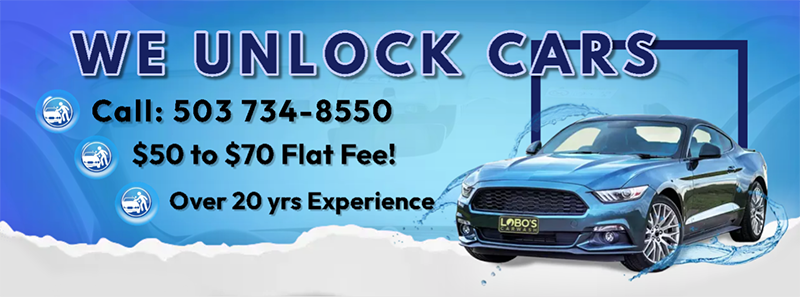Mark Errington
Nicest Guy You'll Ever Meet!
The Pig Story
There once was a young man with a very fast car who loved to drive on country roads. He thought of himself as a great driver.
He could handle anything.
One day he was out driving his favorite road and coming into his favorite curve, when around the curve came a car careening out of control. And just before it got to him it pulled into its lane. As it passed, a woman yelled out "PIG". Well, he responded in a flash and shot back "COW".
He thought to himself, how dare she call me a name? I was in my lane. She was the one who was all over the place. But he felt rather smug because he got her before she got away.
And so, he put the accelerator to the floor, whipped around the curve, and ran into the pig.
Now, that''s a paradigm story. You see, the young man was responding with the old rules. You call me a name, I''ll call you a name. She was warning him about the pig.
If you have Paradigm Flexibility, what you''ll be hearing will be opportunities.
If you have Paradigm Paralysis, what you''ll be hearing will sound like threats.
The story illustrates the concept of paradigm in a simple and effective way. The young man was trapped in his old paradigm, his old way of thinking and responding, and failed to recognize that the woman was trying to warn him about the pig on the road. He was unable to shift to a new paradigm, a new way of thinking and responding, and as a result, he ran into the pig. The story shows the importance of being open to new information and ideas, and being willing to shift our paradigms when the situation demands it.
Paradigm flexibility refers to the ability to adjust one's underlying assumptions, beliefs, and models of understanding to adapt to new or changing situations. It involves being open-minded and willing to consider alternative perspectives and ways of thinking, even if they challenge or contradict one's existing views.
In the context of scientific research, paradigm flexibility is important for exploring new ideas and discovering breakthroughs that may not fit within established theories or frameworks. In business and marketing, paradigm flexibility is essential for adapting to changing market conditions and consumer behaviors, and for developing innovative solutions to emerging challenges.
Overall, paradigm flexibility is a valuable trait that allows individuals and organizations to remain agile and adaptable in the face of new challenges and opportunities, and to continue learning and growing over time.
Paradigm paralysis refers to the tendency to become trapped or stuck in a particular way of thinking or understanding, and to be resistant to new ideas or alternative perspectives that may challenge or contradict one's existing beliefs or assumptions.
This phenomenon can occur in any field or context where established theories or frameworks have become so deeply ingrained that they are seen as the only valid or acceptable ways of understanding or approaching a particular topic. It can lead to a reluctance to explore new ideas, to reject evidence that contradicts established theories, and to resist change even when it is necessary or beneficial.
In scientific research, paradigm paralysis can lead to stagnation and a lack of progress in certain fields, as researchers become unable to consider alternative theories or approaches. In business and marketing, it can lead to missed opportunities and an inability to adapt to changing market conditions or consumer behaviors.
Overall, paradigm paralysis is a potential pitfall of any system of thought or understanding, and it is important for individuals and organizations to remain open to new ideas and alternative perspectives in order to continue learning and growing over time.






